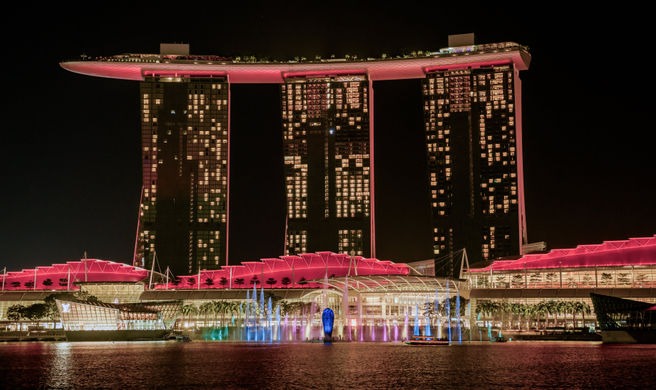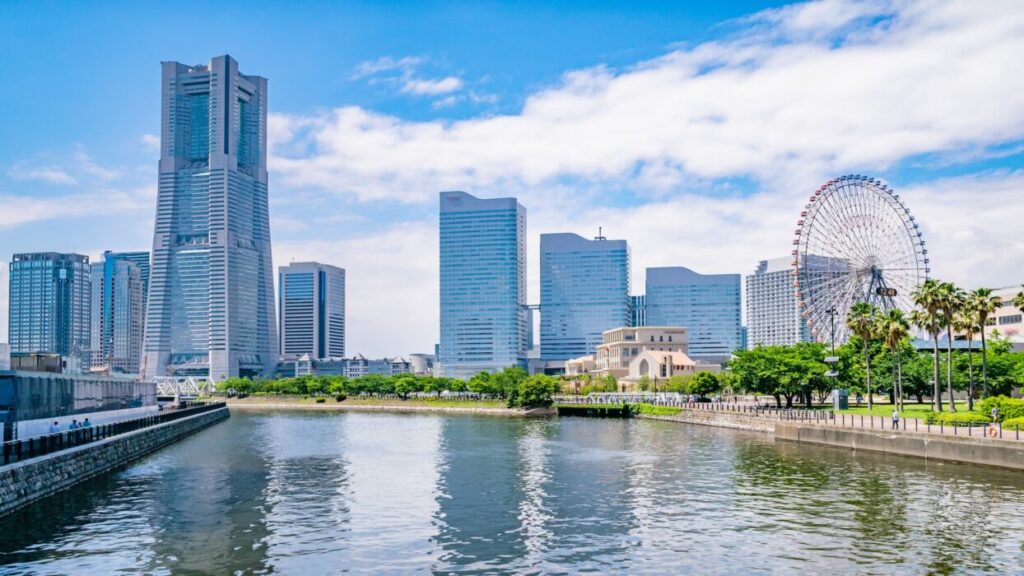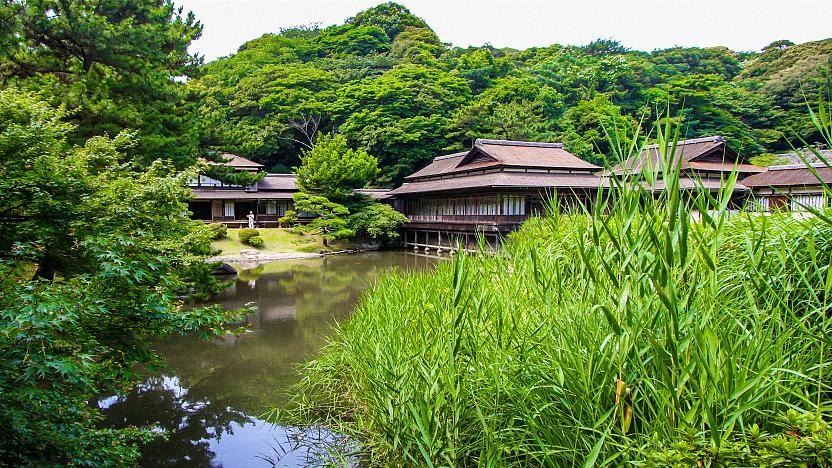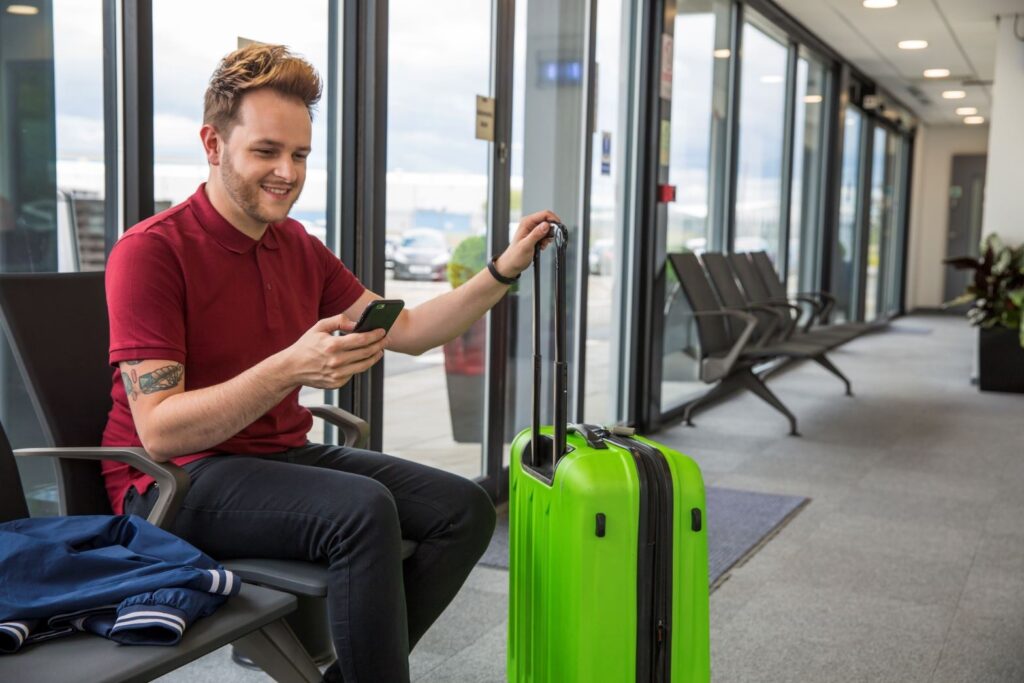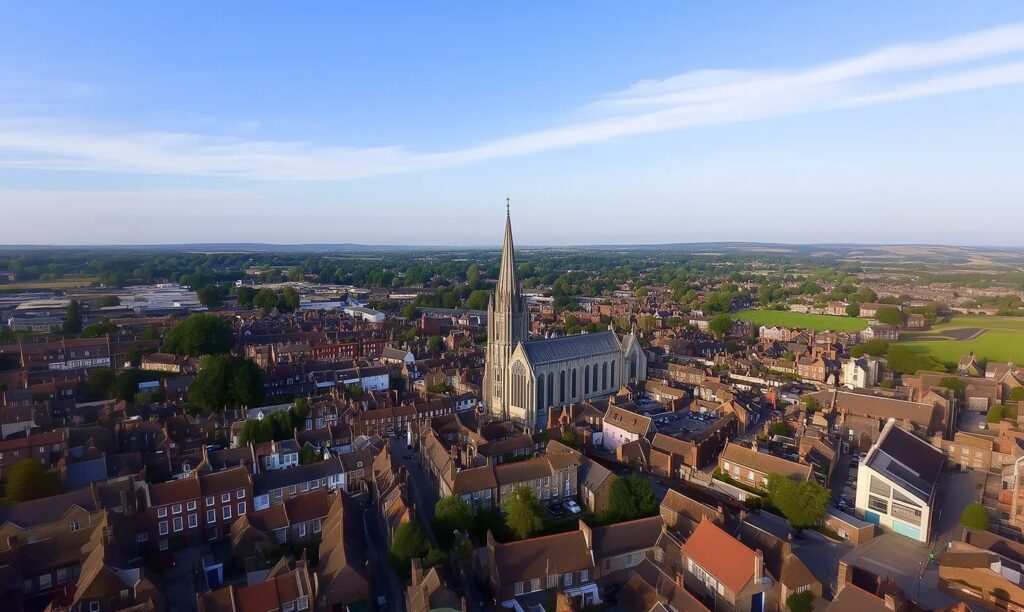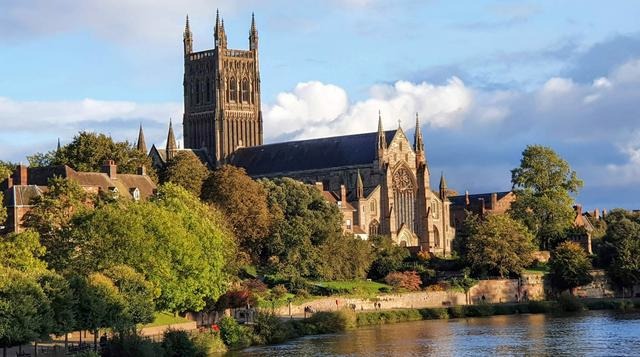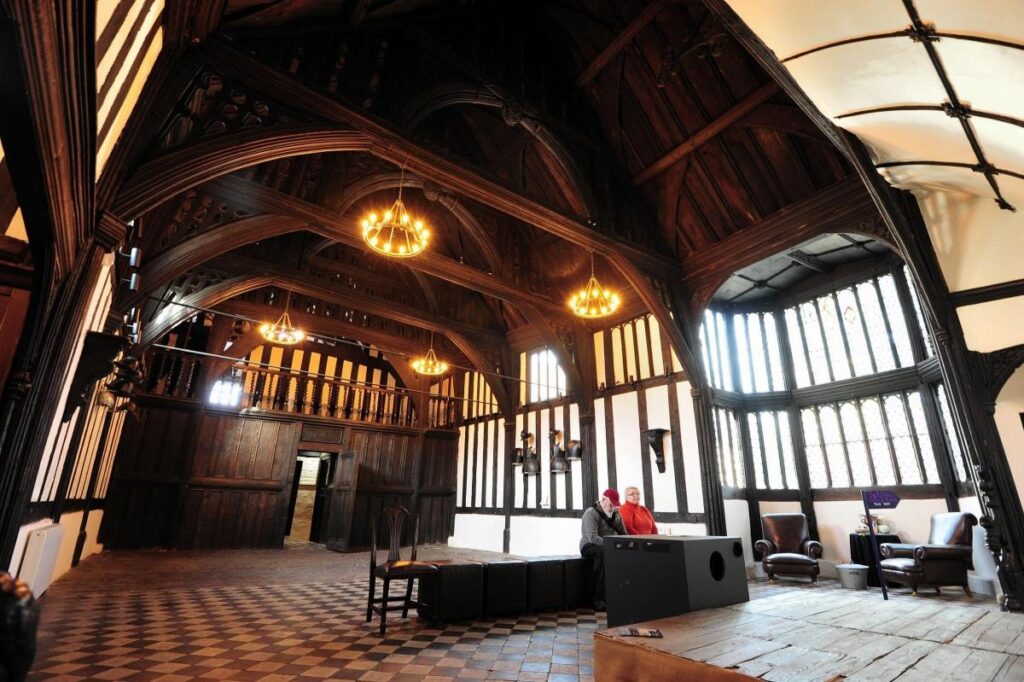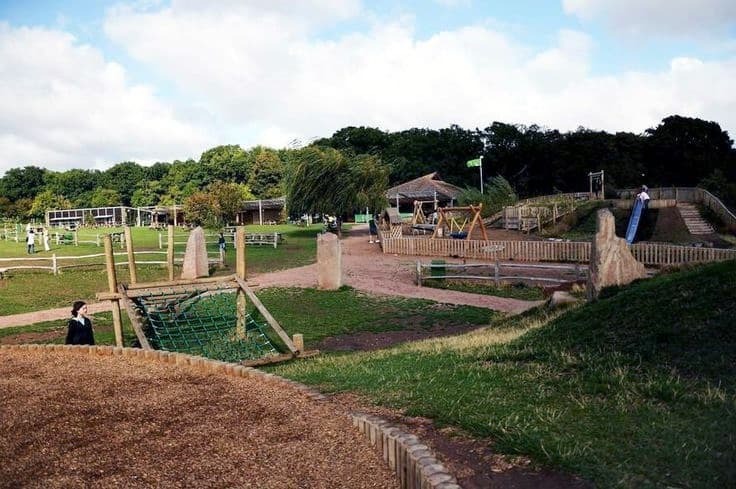Tucked away in the heart of the South Pacific Ocean lies Tuvalu, a hidden gem that most travelers have never heard of—and even fewer have visited. With a land area of just 26 square kilometers and a population of around 11,000, Tuvalu is the fourth smallest country in the world, and one of the most isolated. But don’t let its size fool you—this tiny island nation offers immense cultural richness, untouched natural beauty, and a deeply moving story of resilience.

If you’re seeking an authentic, off-the-beaten-path destination with pristine beaches, warm-hearted people, and eye-opening experiences, Tuvalu deserves a spot on your travel bucket list. Here’s everything you need to know about exploring this peaceful Pacific paradise.
Where Is Tuvalu?
Tuvalu is located in Polynesia, halfway between Hawaii and Australia. It consists of nine islands—three reef islands and six atolls—spread across a vast area of ocean. Its capital, Funafuti, is home to most of the population and serves as the main hub for transportation, commerce, and tourism.
Despite being one of the least visited countries in the world (fewer than 2,000 tourists per year), Tuvalu offers an experience unlike any other, primarily because of its remoteness and vulnerability to climate change.
Why Visit Tuvalu?
1. Untouched Natural Beauty
Tuvalu boasts crystal-clear lagoons, palm-lined beaches, and coral reefs that remain mostly untouched by mass tourism. Snorkeling and diving offer intimate encounters with vibrant marine life in waters so clear they seem almost unreal.
The main island of Funafuti features the Funafuti Marine Conservation Area, which spans over 33 square kilometers and includes six islets, coral reefs, and a spectacular lagoon. Boat tours allow you to hop between uninhabited motus (islets), picnic under coconut trees, and enjoy complete serenity.
2. Cultural Richness
Despite its small size, Tuvalu has a deep and proud Polynesian heritage. Traditional customs, known as faatele, are still practiced with passion. Locals often gather to perform traditional dances, sing folk songs, and share community feasts.
One of the best ways to experience this is by attending a Sunday church service—the harmonies of Tuvaluan choirs are unforgettable and offer a glimpse into the strong community spirit of the islands.
3. No Crowds, No Commercialism
Tuvalu is the polar opposite of typical tourist hotspots. There are no resorts, no chains, no over-commercialization. What you get is raw, honest travel: simple guesthouses, home-cooked meals, and locals eager to share their island life with curious visitors.
This stripped-down experience is what makes Tuvalu so refreshing—it’s an opportunity to travel in its purest form.
✈️ Getting to Tuvalu
Getting to Tuvalu is an adventure in itself. The only international flights are via Fiji Airways, with service between Suva (Fiji) and Funafuti a few times a week. There are no direct flights from other countries, so travelers must connect through Fiji.
While this may seem inconvenient, the journey is part of what makes arriving in Tuvalu so rewarding. Once you’re there, you’ll truly understand the meaning of remote beauty.
🏝️ Top Things to Do in Tuvalu
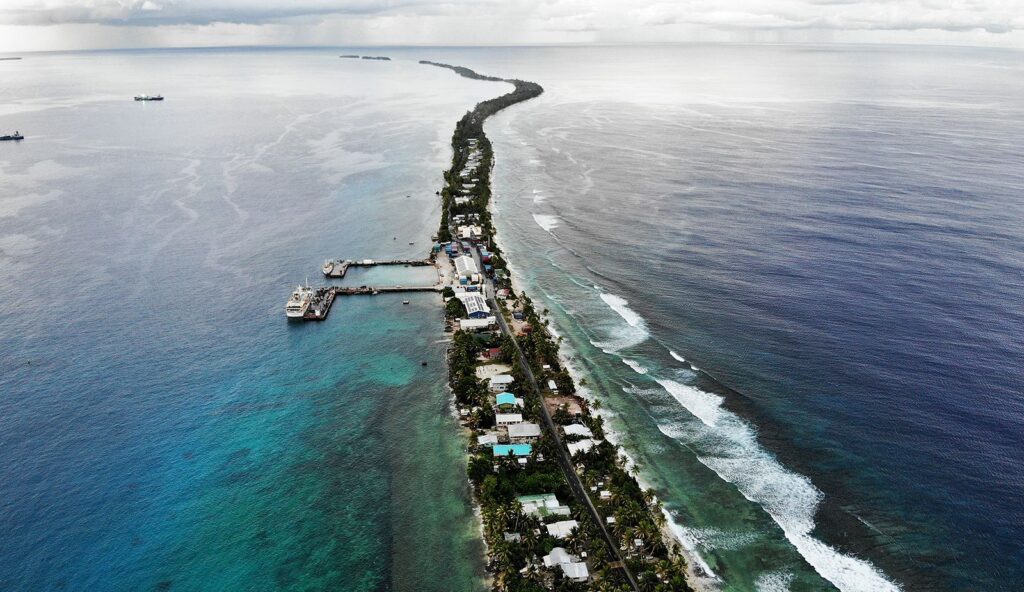
1. Explore Funafuti Atoll
Funafuti is the largest and most populated atoll, and home to the only runway in the country—which doubles as a playground, market space, and football field when flights aren’t landing.
Visit the Funafuti Marine Conservation Area, take a boat tour to the outer islets, and enjoy snorkeling or kayaking in its turquoise waters.
2. Visit the Tuvalu National Library and Archives
Learn about the nation’s culture, history, and challenges at the National Archives in Funafuti. Documents about Tuvalu’s journey from being part of the Gilbert and Ellice Islands to becoming an independent nation in 1978 are preserved here.
3. Attend a Community Feast (Fatele)
If you’re lucky enough to be invited to a fatele—a traditional celebration—you’ll witness Tuvaluan hospitality at its best. With dancing, singing, food, and lots of laughter, it’s a highlight of any visit.
4. Island Hopping
Take a boat to smaller islets like Motulalo and Funafala, where you can spend a day relaxing in complete isolation. These islands have minimal infrastructure but maximum tranquility.
5. Stroll the Funafuti Runway
Tuvalu’s main airstrip transforms into a community gathering spot in the evenings. Locals come here to play volleyball, ride bikes, and enjoy the breeze. As a visitor, it’s a great place to meet people and feel part of the community.
Tuvaluan Cuisine
Food in Tuvalu is simple, hearty, and heavily influenced by the sea. Fish, coconut, taro, and breadfruit are staples. Meals often consist of fresh-caught tuna, coconut rice, or stews cooked with root vegetables.
You won’t find fancy restaurants, but small eateries and guesthouses often serve delicious local meals. Be sure to try:
- Pulaka – a type of swamp taro, served with coconut cream
- Lukeni – coconut milk-cooked fish
- Panikeke – fried banana dough balls, a local dessert
Climate Change and the Vanishing Nation
Tuvalu is one of the countries most vulnerable to climate change. With an average elevation of less than 2 meters above sea level, rising seas pose an existential threat.
The government has been vocal on the world stage, highlighting how Tuvalu could become uninhabitable within decades if global warming continues unchecked. Visiting Tuvalu is not just a vacation—it’s an act of bearing witness to a nation on the frontlines of climate change.
Tuvalu also plans to be the first digital nation—replicating its territory, culture, and government online, should it ever need to relocate its people due to climate impacts.
Where to Stay in Tuvalu
Tuvalu doesn’t have luxury hotels or resorts, but several family-run guesthouses and budget accommodations offer cozy, comfortable stays:
- Filamona Lodge
- Esfam Lodge
- Vaiaku Lagi Hotel (the only hotel in the capital)
Expect basic but clean rooms, often with fans or air conditioning, and hosts who are happy to help you explore their country.
💡 Travel Tips for Tuvalu
- Currency: The official currency is the Tuvaluan dollar, but the Australian dollar (AUD) is widely accepted.
- Internet: Connectivity is improving, but speeds can be slow. Use this time to unplug.
- Dress Modestly: Tuvalu is conservative; covering shoulders and knees is appreciated, especially when visiting churches.
- Health: Bring any essential medication, as local supplies are limited.
- Respect: Ask permission before taking photos of people or their property.
Final Thoughts: Why Tuvalu is Worth the Journey
Tuvalu is more than just a destination—it’s a testament to resilience, a lesson in simplicity, and a reminder of what truly matters. In a world increasingly driven by speed, consumerism, and convenience, Tuvalu offers the chance to slow down, connect deeply, and travel with purpose.
Whether you’re an adventurer, a climate-conscious traveler, or someone simply seeking peace away from the crowds, Tuvalu will reward you with memories that last a lifetime.


